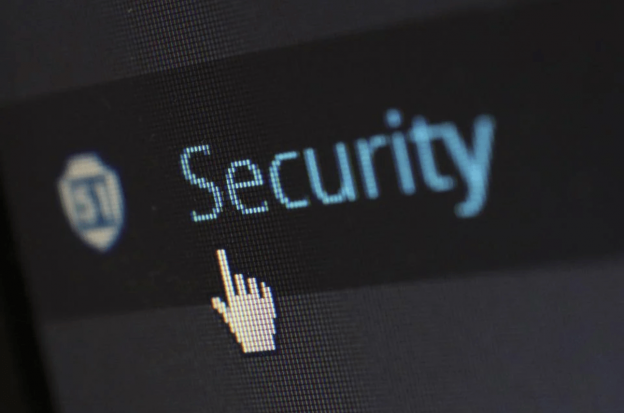WordPress is one of the most widely used open-source Content Management Systems (CMS) in the world. In fact, around 43 percent of all the websites on the internet are powered by this CMS. Just open up any website, and it is very likely to be powered by WordPress, such is its massive popularity and wide usage.
But even though WordPress is a secure platform, it does not mean it is entirely full-proof. WordPress powers some of the most high-trafficked websites, but that does not mean it is not vulnerable to cyber-attacks. Using malware is one of the favorite hacking techniques by malicious actors. So, every WordPress owner and site administrator must regularly check and remove malware from WordPress websites. There are several small steps that one can take that will ensure security for their website.
Following is a list of our top five WordPress security recommendations that will elevate the security levels of your website and make it significantly more challenging for a hacker to break through.
1. Update WordPress Plugins
Start with updating the WordPress plugins installed on your website. Do it for all the plugins installed and not just those currently active. With every plugin update, the developers are not only improving the features provided by the plugins, but they also come with security updates. This makes sure that the hacker does not gain access to the WordPress site because of the lackluster protection of the plugins. Exploiting the weakness of the plugins is one of the easiest ways for hackers to get into the WordPress-hosted websites.
2. Get up to date with the latest WordPress version.
Just like the plugins used in the WordPress websites, you are also advised to keep your WordPress updated to the latest version. It ensures that your WordPress-powered site remains protected at all times. Every time the WordPress version gets updated, new security patches are added, ensuring that the site is safe from any hacking attempt.
The team behind WordPress understands how crucial it is for their hosted sites to get the latest security patches. That is why there is also an option for automatic WordPress version updates that one can opt for. Simply check the box and forget about updating your WordPress ever again.
3. Regular Backup
This is a security tip you should use in tandem with the previous one. Losing access to the website data because of a hacking attempt is quite common. This is why one is recommended to install a backup plugin that automatically creates a regular backup of the data and the settings. The data backup would include WP files and the database. One can also manually back up their files, especially before doing a WordPress website.
This site backup allows one to quickly restore the site in case of a hacking attempt, with almost no downtime – something that can be especially useful to a business.
4. Create a custom login URL
You might not have noticed it, but every WordPress site has the same login URL. A simple /wp-admin followed by the hosted website URL. Everyone knows this, and you can bet even the hacker attempting to gain access to your website also knows this. That’s half the job done since they can easily get on the login page. So, naturally, you need to do something to ensure that does not happen. But what can one do?
To stop any brute force attack, you can easily customize the login URL to something unique, making it impossible for one to get on the login page. Alternatively, you can also Whitelist the IPs of the devices that you authorize for the login. Use both of them in tandem for a more secure WordPress-hosted website.
5. Change the user admin name.
This tip is along the same line as the previous one. Since the default username of the WordPress-hosted websites is admin, it makes it pretty easy for hackers to gain access to the site. Naturally, you need to change the username to something unique immediately. Create a new admin user with a unique name, then delete the default admin account. DO NOT opt for your or your business’s name, as they are relatively easy to guess.
By following the simple security tips listed above, you can improve the security of your WordPress-powered website manifolds.

